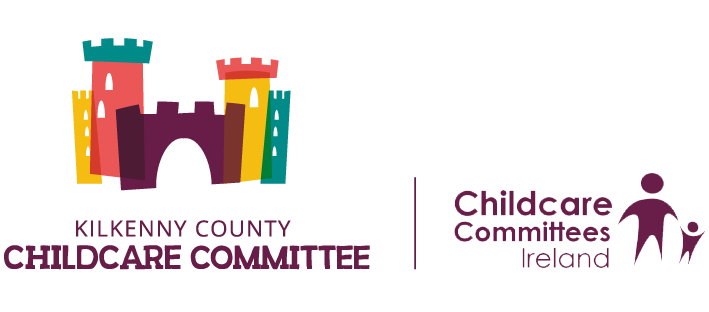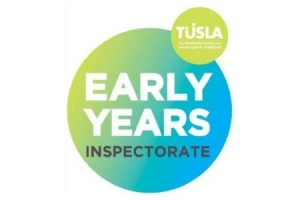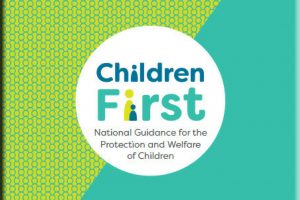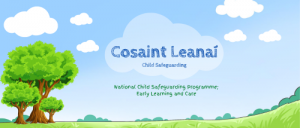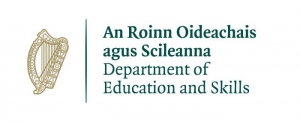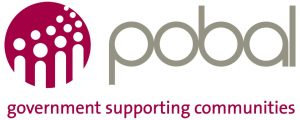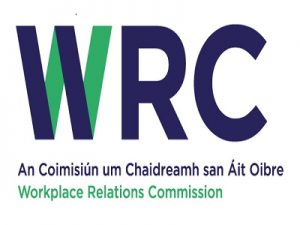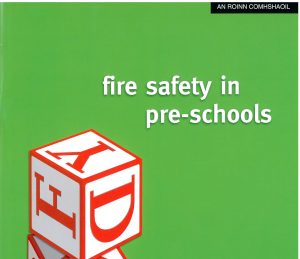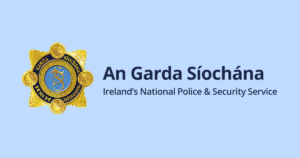
The National Vetting Bureau (Children and Vulnerable Persons) Acts 2012 to 2016 provide a statutory basis for the vetting of persons carrying out relevant work with children or vulnerable persons. The Act also creates offences and penalties for persons who fail to comply with its provisions.
The Act stipulates that a relevant organisation shall not permit any person to undertake relevant work or activities on behalf of the organisation, unless the organisation receives a vetting disclosure from the National Vetting Bureau in respect of that person.
Garda vetting is conducted on behalf of registered organisations only and is not conducted for individual persons on a personal basis.
If you are seeking employment or intending to volunteer with an organisation which conducts relevant work, you may be asked to make an application to be vetted.
For full details click Here.
